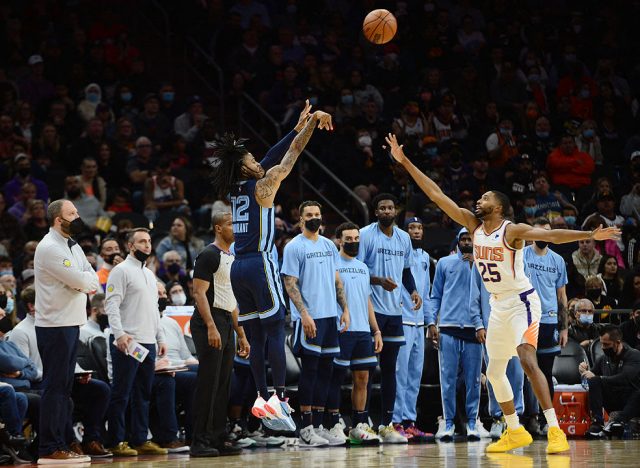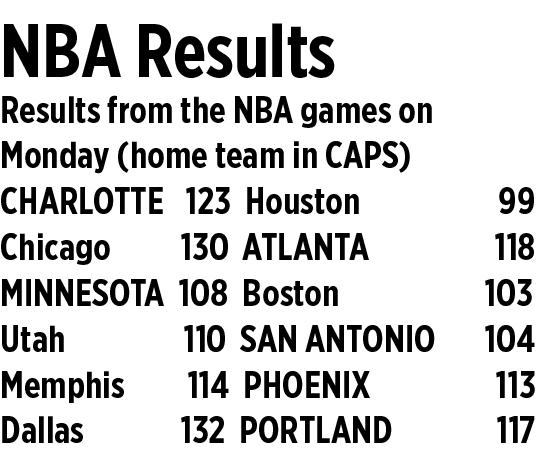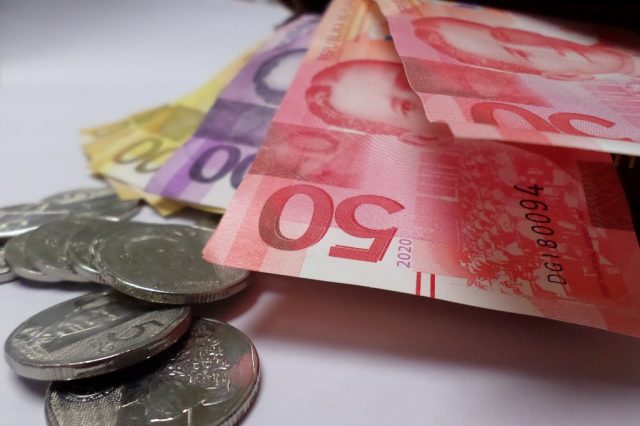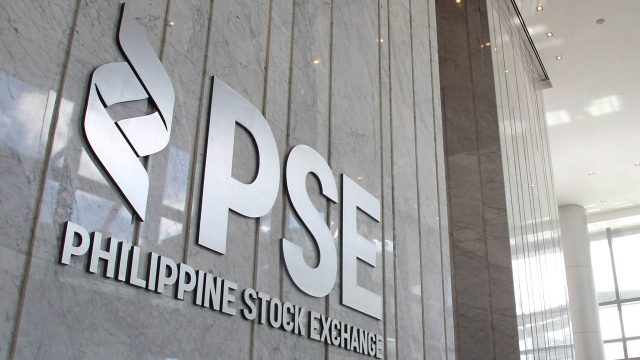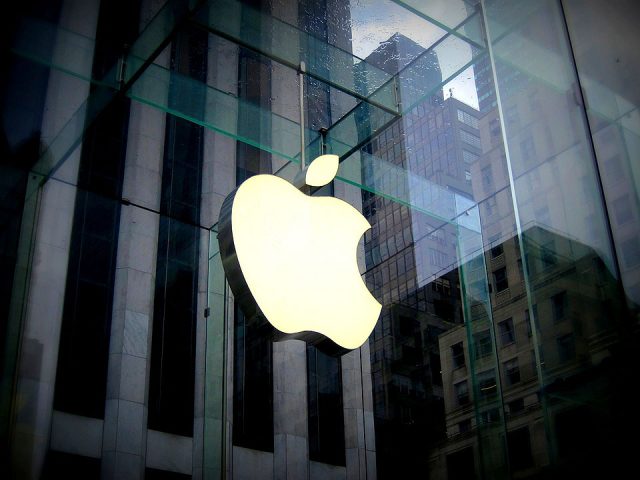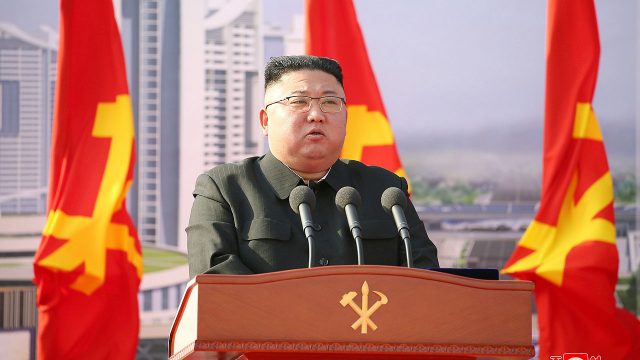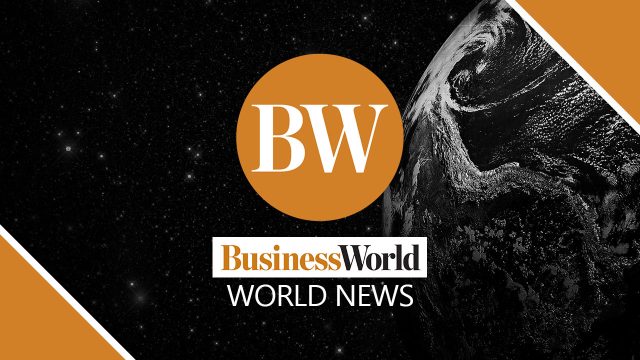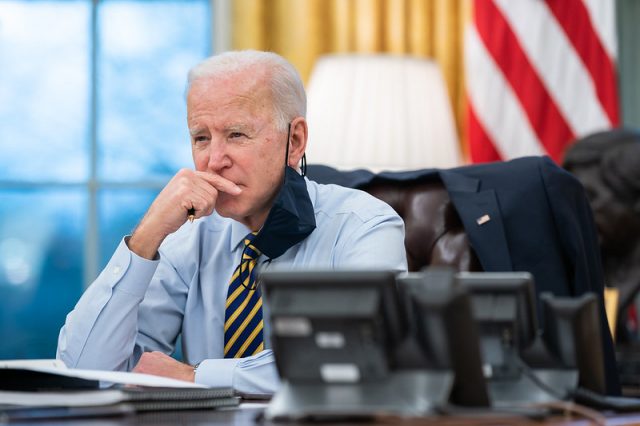Dolphins run winning streak to seven by dominating Saints
THE visiting Miami Dolphins — led by a dominant defense — won their seventh straight game, defeating the short-handed New Orleans Saints (20-3) on Monday night.
Miami (8-7) got a 28-yard pick-six from Nik Needham, a one-yard flip from Tua Tagovailoa to Jaylen Waddle and a pair of Jason Sanders field goals.
The Dolphins’ winning streak is the second-longest active run in the National Football League (NFL), trailing only the Kansas City Chiefs.
Miami’s defense had its first eight-sack game since 2012.
New Orleans (7-8) was without 22 players due to coronavirus disease 2019 (COVID-19) protocols. Quarterback Ian Book made his NFL debut and struggled against Miami’s blitzing defense. He threw two interceptions and completed 12-of-20 passes for 135 yards.
As has been the case all year, Tagovailoa threw mostly safe passes, going 19-of-26 for 198 yards with one interception and the one touchdown.
Waddle caught 10 passes for 92 yards. For the season, he has 96 catches for 941 yards, breaking Chris Chambers’ Dolphins rookie record for receiving yards. Chambers had 883 yards in 2001.
Book’s second career NFL pass resulted in a Dolphins touchdown. Andrew Van Ginkel deflected the pass at the line of scrimmage, and Needham turned it into an easy 28-yard interception return and a 7-0 Miami lead.
On its second possession, Miami extended its lead to 10-0 on Sanders’ 48-yard field goal. Miami was fortunate to get those three points because — on the previous play — Marcus Davenport strip-sacked Tagovailoa. However, Dolphins offensive lineman Liam Eichenberg recovered the fumble.
New Orleans got on the board with 2:45 left in the first half, mounting an eight-play, 55-yard drive that led to Brett Maher’s 38-yard field goal. Miami led 10-3 at half time.
With 5:10 left in the third quarter, Miami’s offense became the first to reach the end zone. It went down as a 1-yard scoring pass, but it was actually an end-around flip to Waddle, who cut back inside to increase Miami’s lead to 17-3.
That touchdown was set up by a huge third-and-nine play as Tagovailoa lofted a 40-yard pass to Mack Hollins, who made the catch despite apparent defensive interference. Later in the drive, the Dolphins converted a third-and-two due to a roughing-the-passer penalty.
Sanders’ 34-yard field goal with 12:05 left in the fourth gave Miami a 20-3 advantage. — Reuters


